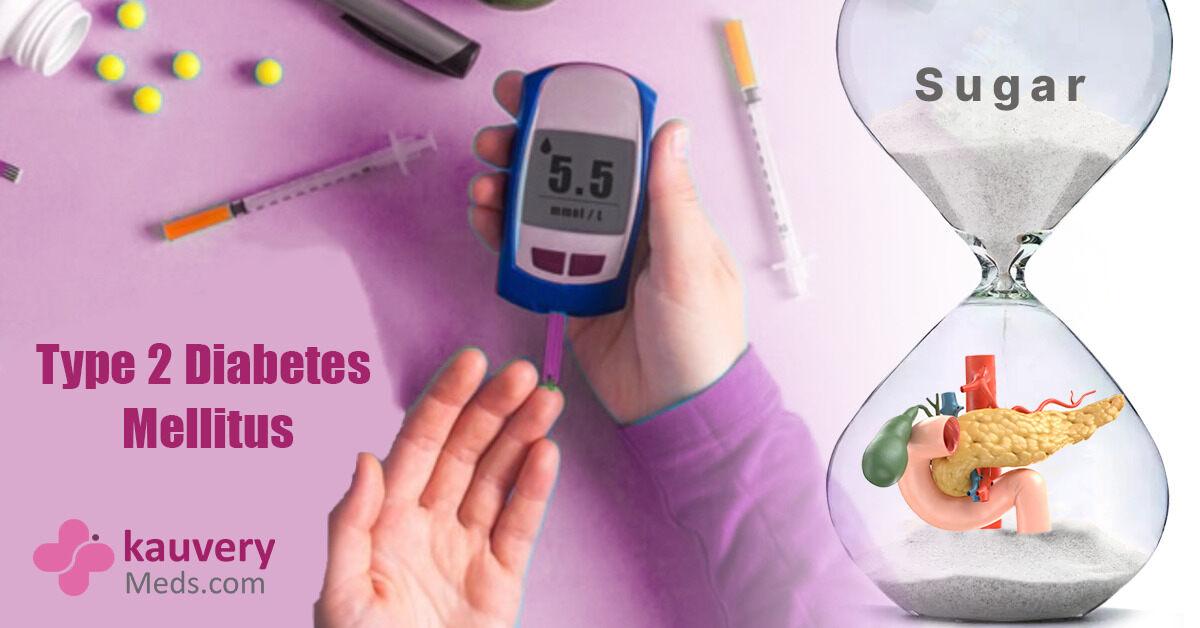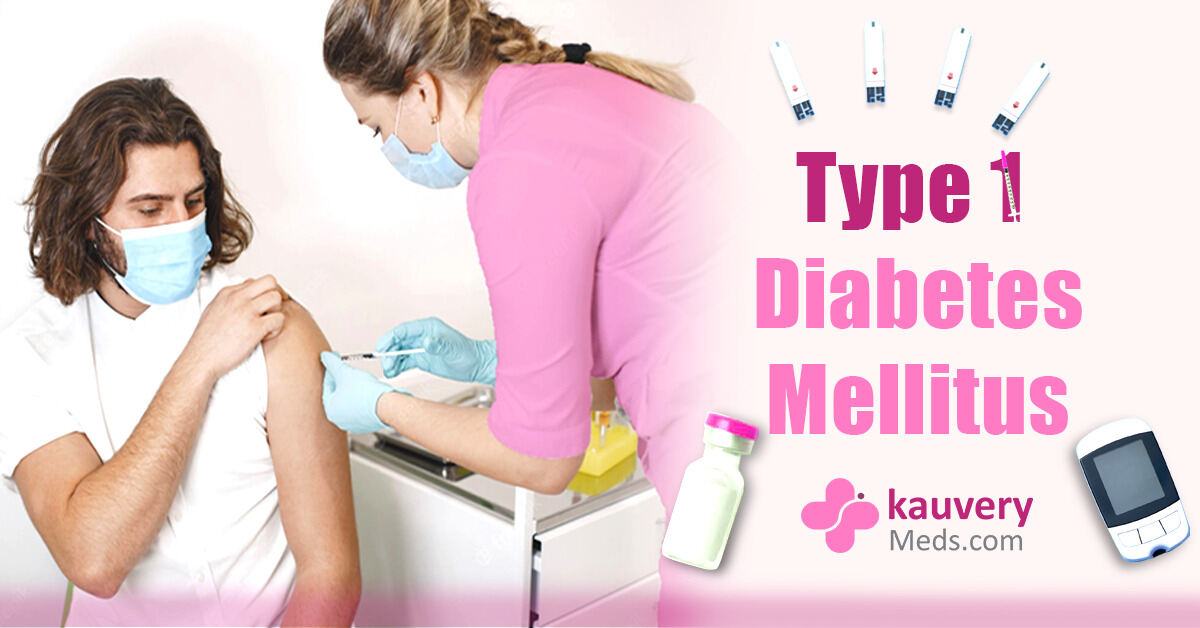Dehydration Decoded Why Water is Your Best Friend?
Mar 14, 2025
Water is life's elixir, yet many of us underestimate its importance. Dehydration can sneak up on anyone, leading to serious health issues if not addressed promptly. Let's dive deep into understanding dehydration, its causes, symptoms, diagnostic methods, and prevention strategies
Recent Post

Why Should You Book Lab Tests Online?
_(1)_CAT_1640504567.jpg)
ஸ்மார்ட் போன்களால் ஏற்படும் பிரச்சனைகள்

Type 2 Diabetes Mellitus

Type 1 Diabetes Mellitus
_CAT_1684759383.jpg)
Tooth Cavities

Understanding Diabetes: Fasting and Other Essential Sugar Tests

Top 10 Essential Skincare Tips for Healthy and Glowing Skin

Summer Skincare Routines and Sunscreen Recommendations

5-Minute Skincare Routine for Oily Skin

5-Minute Skincare Routine for Dry Skin

_CAT_1741956294.png)